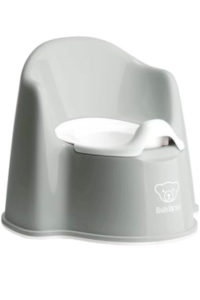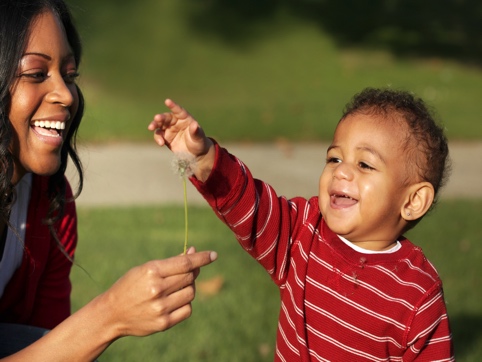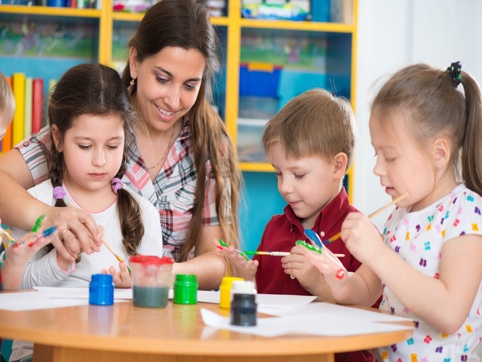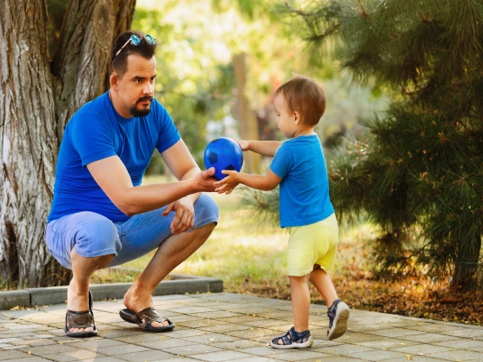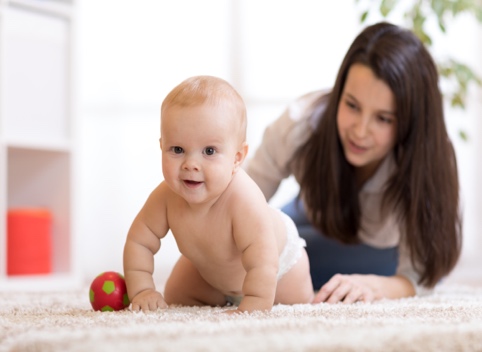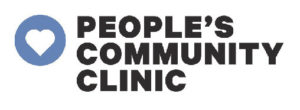HELP ME BE HEALTHY.
At this checkup, the doctor will:
- Weigh and measure me.
- Check my hearing and vision.
- Give me a blood test to see if I’m healthy.
- Ask what new things I can do, what my sleeping habits are, and what I eat.
- Give me any vaccines I missed before.
TAKE CARE OF MY TEETH.
- It might be time for my next dentist visit. I want to have healthy teeth, so please take me to the dentist every six months.
- Remember to brush my teeth every day.
- Check my teeth for white or brown spots.
- Don’t give me a lot of sugary foods and drinks.
HELP ME BE SAFE.
- Keep all plants out of my reach. Some plants are poisonous. If I do eat any parts of a plant. call the Poison Control Center at 1-800-222-1222.
- Keep the trash inside a latched cabinet or in a place where I can’t get into it. Don’t let me reach for anything in the trash. I could find can lids, food, plastic bags, and many other dangerous things.
- If I have a swing and slide, make sure they are sturdy and safe for me to use. Are they anchored in the ground? Stay with me while I swing and slide.
HELP ME LEARN TO DO WHAT YOU WANT.
When I need to do something, tell me and show me what I should do. If I throw a doll at my sister because I want to play with her game, I need to know why I should not throw the doll. I also need to learn that I can’t have what I want all the time. Tell me, “Please don’t throw the doll. It could hurt someone. You can use the blocks to make a house for the doll. You can play the game when your sister finishes.”
- Yelling or spanking me will not help me learn what you want me to do.
- Praise me when I’m doing what you want me to do.
- Telling me that you like the good things that I do will help me learn quickly. Hug me to show that you are happy about what I’m doing. I like to please you. This discipline works better than punishing me.
REGISTER ME FOR HEAD START OR PRESCHOOL.
You can sign me up for Head Start anytime of the year. If you meet the federal guidelines, the Head Start program will help us based on our needs. To find out more, go to www.uth.tmc.edu/thsseo or call 1-866-282-7780.
PLAY WITH ME, IT HELPS ME LEARN.
- Show me how to take things apart and put them back together again.
- Take me to the library to check out books. Find out what programs the library has for young children like me.
- Take me outside. Show me how to run and throw a ball. Teach me the things that are better to do outside rather than in the house.
- Teach me how to describe how things feel. Show me what is soft, sticky, hard, rough, and furry.
- Write down the stories that I tell. Read them back to me.
- Play a game with me of matching colors.
- Help me learn to pick up my toys and put them where they belong.
- Take me to a play group or invite a child who is about my age to my house so we can play together.
WATCH HOW I GROW.
I’m growing at my own pace.
I do some things a little early and some things a little late. If we already know I have a disability or a delay that keeps me from doing some of the things listed below, I might be able to do these things later. It will just take me a little longer to learn how to do them. If I can’t do most of the things on the list, talk to my doctor or nurse. Also, call the Special Education office of the school district where we live.
Watch for me to:
- Build a tower with at least six blocks.
- Talk in sentences that have three or four words in them. About half of the time you can understand what I say.
- Point to and tell you about the pictures in my favorite books.
- Put an easy puzzle together.
- Brush my teeth with your help.
- Throw a ball overhand.
You might notice that I also:
- Sing songs by myself.
- Don’t take a nap every day .
- Know the difference between words-like the difference between “go” and “stop”, “yes” and “no”, “cold” and “hot”, “up” and “down.”
- Know what belongs to me.

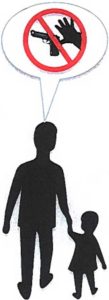 If your children play at another home, talk to the parents about gun safety.
If your children play at another home, talk to the parents about gun safety.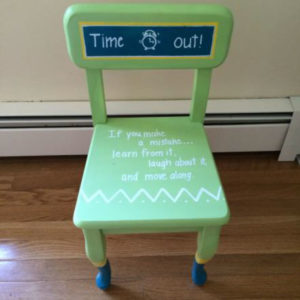 Use a timeout chair at the side of the room.
Use a timeout chair at the side of the room.